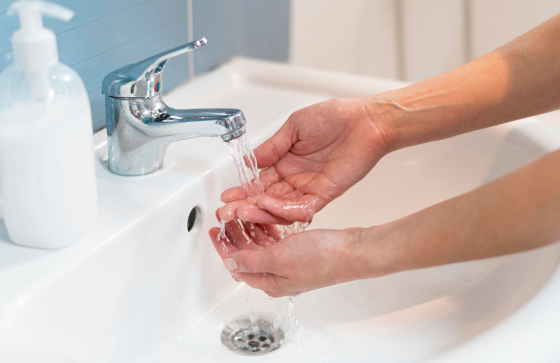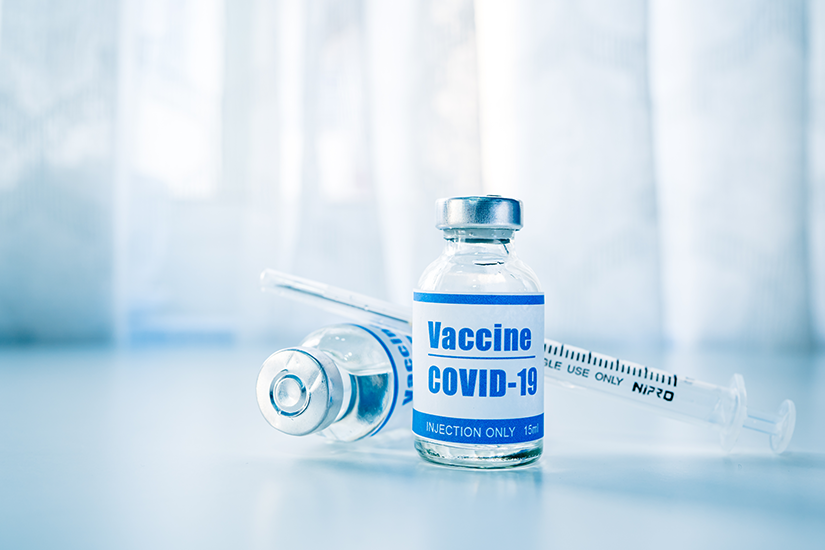- Emergency Ambulance Services
- 8606811111
- 0471-4077777, 0471-7177888
- gro@sutpattom.com
The Crucial Role of Hand Hygiene: Protecting Healthcare Workers and the General Public
Dr. Shareek P. S.,Consultant Infectious Disease, SUT Hospital,Pattom
Hand hygiene is a fundamental practice that plays a pivotal role in maintaining health and preventing the spread of infections. This practice is not only crucial for healthcare workers but also for everyone in their daily lives.
Why Hand Hygiene Matters?
Proper hand hygiene is the most effective way to prevent the spread of infections, including viruses, bacteria, and other pathogens. For healthcare workers, maintaining hand hygiene is not just about personal safety but also about patient safety. Beyond healthcare settings, hand hygiene is essential for everyone.
Hand Hygiene Best Practices
Proper hand washing involves using soap and water, rubbing hands together for at least 20 seconds, covering all surfaces including wrists, between fingers, and under nails, and rinsing thoroughly. This should be done before and after patient contact in healthcare settings; before, during, and after preparing food; after using the restroom; after coughing, sneezing, or blowing your nose. When soap and water are not readily available, using alcohol-based hand sanitizers with at least 60% alcohol content is recommended.
Impact of Hand Hygiene on Health Outcomes
Studies have shown that proper hand hygiene practices lead to a significant reduction in healthcare-associated infections (HAIs) among patients in hospitals and healthcare facilities. In community settings, regular hand washing can prevent the transmission of common infections such as colds, flu, and gastrointestinal illnesses.
Challenges and Solutions
One of the challenges in maintaining hand hygiene is ensuring consistent compliance among healthcare workers and the general public. In some settings, access to clean water, soap, or hand sanitizers may be limited. Efforts are needed to improve infrastructure and make hand hygiene resources more accessible to everyone.
Hand hygiene is not just a routine practice; it’s a powerful tool for protecting individuals, communities, and healthcare systems from infections and diseases. By making hand hygiene a priority in our daily lives, we can contribute to a healthier and safer environment for everyone.









